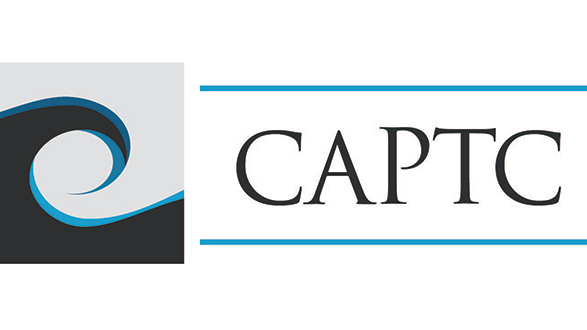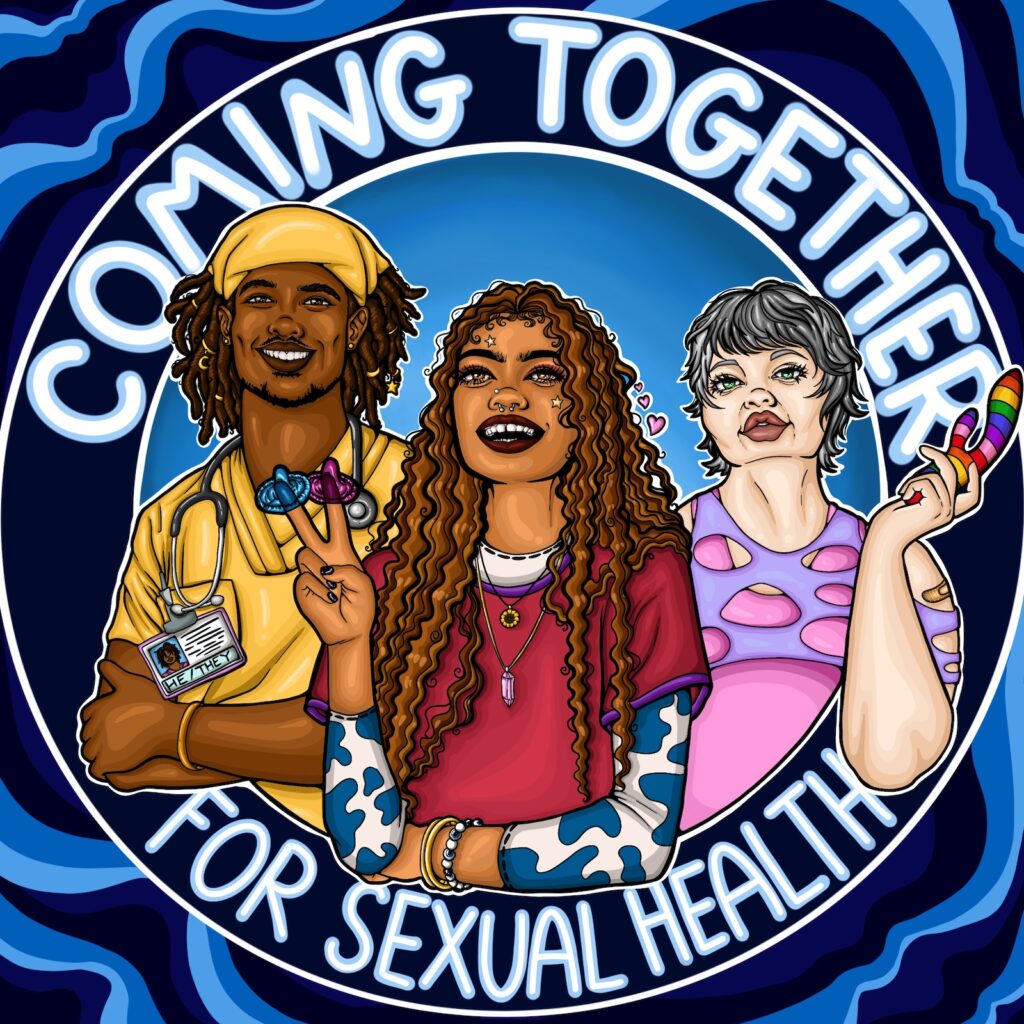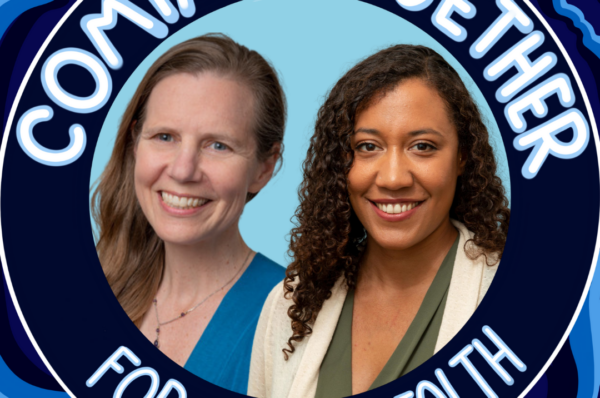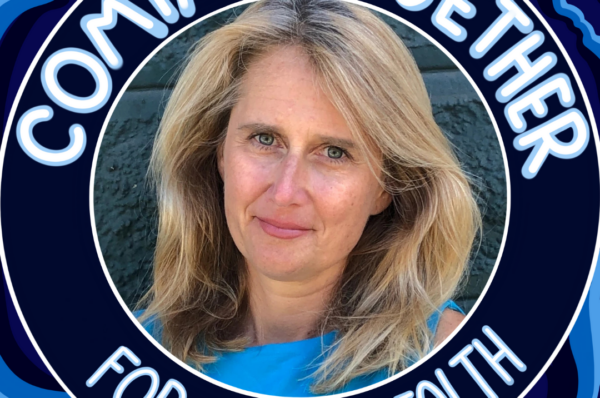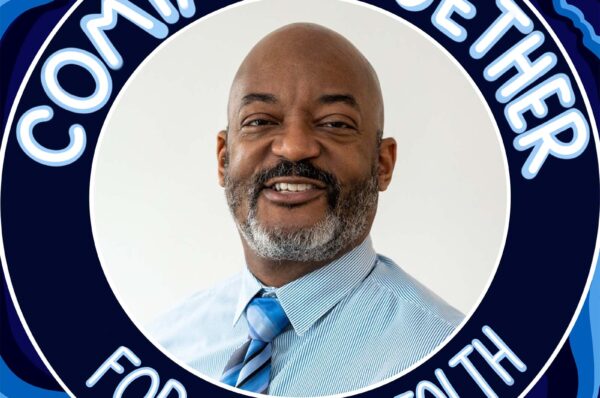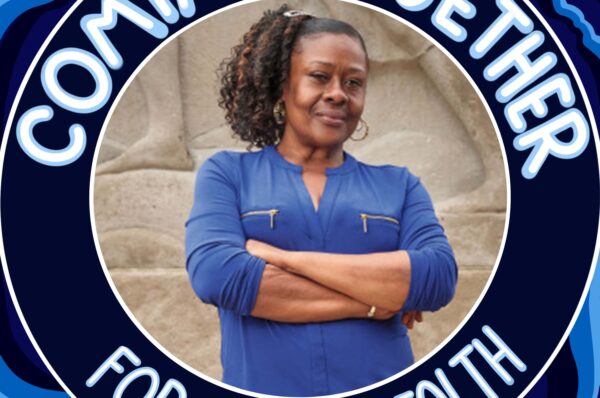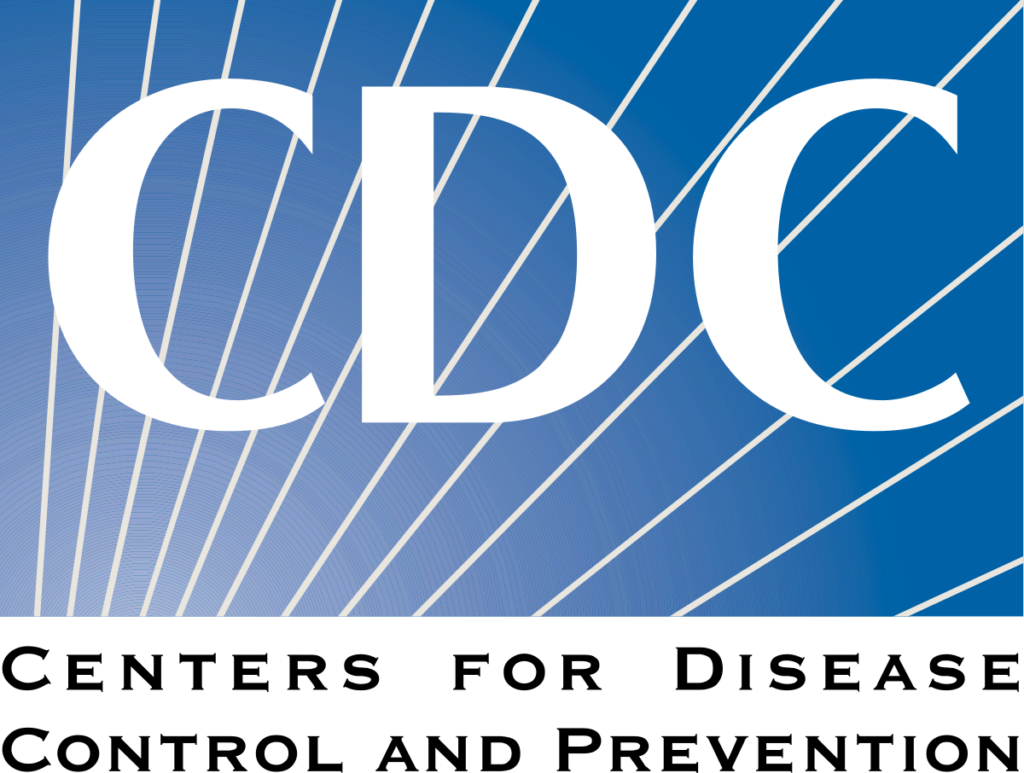On hold due to COVID-19. Will resume as soon as it is safe to do so.
The course demonstrates the intersectional link between HIV, Social Determinants of Health (SDH), and Structural Interventions (SIs). It provides a structured framework and necessary tools to address the SDH and structural barriers impacting the communities they serve.
The conditions in which people are born, live, learn, play and age greatly influence the health of individuals and communities. By critically examining the role of neighborhood conditions, education, income/wealth, and the socio-political climate, this training will strengthen participants’ understanding of the social determinants of health and their roles in shaping health outcomes of diverse populations.
Examples of programmatic, structural, and policy interventions will be discussed to illustrate how public health departments, advocates, and policymakers can effectively address HIV-related SDHand advance equity for populations and communities that have experienced persistent barriers to good health and high rates of HIV infections.
